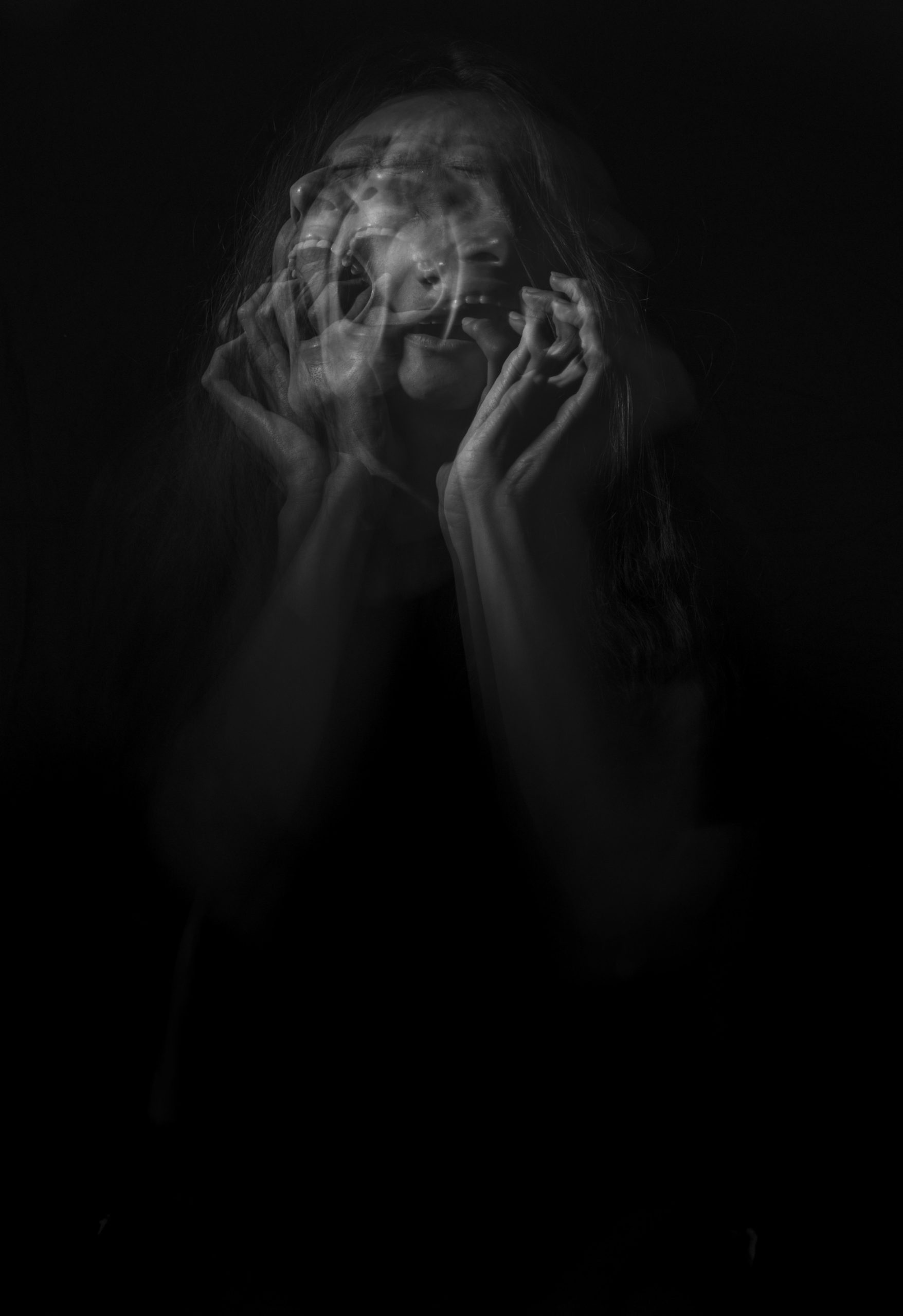In a world where we’ve become overly connected and always “on,” anxiety has become so common that it almost feels like a default state of being. From social media doomscrolling to the never-ending news cycle, economic uncertainty, climate concerns, and personal pressures, it’s no wonder many of us feel like we’re living in a constant state of tension. But with its increasing prevalence, a curious cultural shift is happening: anxiety is no longer just a mental health issue. It’s starting to look a lot like a personality trait.
So, is anxiety the new personality type? And if it is, what does that mean for how we relate to ourselves and each other?
Anxiety Is Everywhere, and We’re Talking About It More
First, let’s acknowledge something positive: conversations around anxiety are more open than ever. A generation ago, anxiety was often whispered about in therapy sessions or suffered in silence. Today, it’s all over TikTok, in memes, on podcasts, and openly discussed in friend groups and even workplaces.
There’s real power in naming what we’re feeling and recognizing that we’re not alone. This cultural transparency has helped many people seek help and realize that anxiety is not a personal flaw but a human experience. But with that shift has come something else–a subtle normalization, sometimes even romanticization, of chronic anxiety.
When Mental Health Becomes an Identity
In some circles, anxiety isn’t just something someone has—it’s become something someone is. Social bios that read “anxious overthinker,” sweatshirts that say “it’s a panic attack, not a vibe,” and even entire comedy specials or influencer brands centered around mental distress are signs of the times.
There’s nothing inherently wrong with finding humor in struggle or bonding over shared experiences. It’s a form of community, and in some cases, healing. But there’s a fine line between raising awareness and unconsciously adopting anxiety as a core part of identity.
It’s easy to fall into thinking, This is just who I am. I’m an anxious person. But when that belief becomes a mental shortcut, it can create a feedback loop where anxiety isn’t just a response. It becomes a defining trait.
Is Anxiety Replacing Other Traits?
Traditionally, when we talk about personality types, we refer to traits like introversion vs. extroversion, openness, conscientiousness, or emotional stability. But increasingly, “anxious” is getting tossed into the mix, not as a temporary feeling but a permanent descriptor—like being artistic or sarcastic.
It’s almost like the “neuroticism” category of personality tests has had a rebrand and moved front and center. And with the current cultural landscape, it’s no surprise. Being constantly on edge feels like a rational response to the world we’re living in.
But we have to ask, is the line between emotional state and personality trait becoming too blurry? Are we risking turning something treatable into something fixed?
The Risk of Wearing Anxiety Like a Badge
There’s comfort in labels. They give us a way to make sense of our experiences. But when we start to see anxiety as an inseparable part of who we are, we might stop looking for ways to manage it or believe we’re incapable of change.
Here are a few ways that can show up:
-
Using anxiety as a reason to avoid growth or risk.
-
Assuming it’s a personality flaw we just have to “live with.”
-
Feeling a sense of community around shared struggle, but staying stuck in it.
Anxiety deserves compassion, not glamorization or resignation.

It’s Not You, It’s Your Nervous System
Let’s reframe the question. Instead of asking why am I like this? maybe we should be asking what happened that made my nervous system feel unsafe?
Anxiety isn’t a personality type. It’s a signal. It’s your body trying to protect you. And while it’s become a shared language for a generation, that doesn’t mean it’s your identity. It’s something you experience, not something you are.
There’s room for both acceptance and healing. You can acknowledge your anxious patterns while also building tools to regulate, soothe, and grow beyond them.
Reclaiming Your Identity
So, if anxiety isn’t your personality, what is? What else makes you you? Often, beneath the anxious exterior are traits like sensitivity, deep thinking, creativity, intuition, or empathy. The anxious mind is usually a brilliant one that just needs a little more safety and regulation. You don’t have to erase anxiety to reclaim your identity. You just have to remember it’s only one thread in the fabric of who you are.
Do you feel like anxiety has become part of your identity, or something you see more often in others? Have you ever felt comforted or limited by that label?
Read More:
Anxiety Disorders May Be Controlled Through a Gene in the Brain
The Anxiety of Turning 30: Here Are 10 Things You Need to Know
Riley is an Arizona native with over nine years of writing experience. From personal finance to travel to digital marketing to pop culture, she’s written about everything under the sun. When she’s not writing, she’s spending her time outside, reading, or cuddling with her two corgis.
Read the full article here














